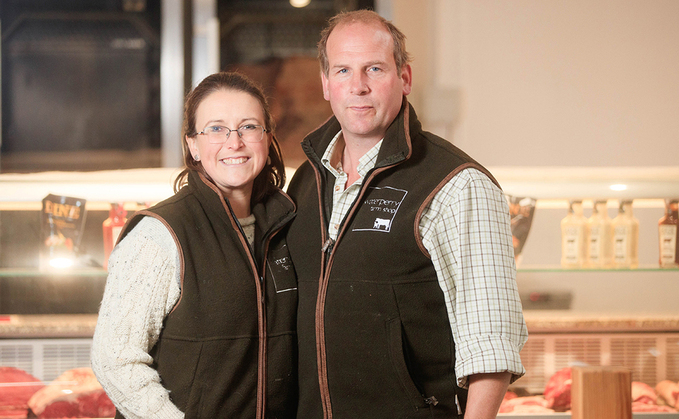
With a passion for their produce, taking it to the customers themselves has been a huge success for one Oxfordshire couple. Hayley Chapman finds out more. Will and Lois Selmes bought Rectory Farm in...

With a passion for their produce, taking it to the customers themselves has been a huge success for one Oxfordshire couple. Hayley Chapman finds out more. Will and Lois Selmes bought Rectory Farm in...